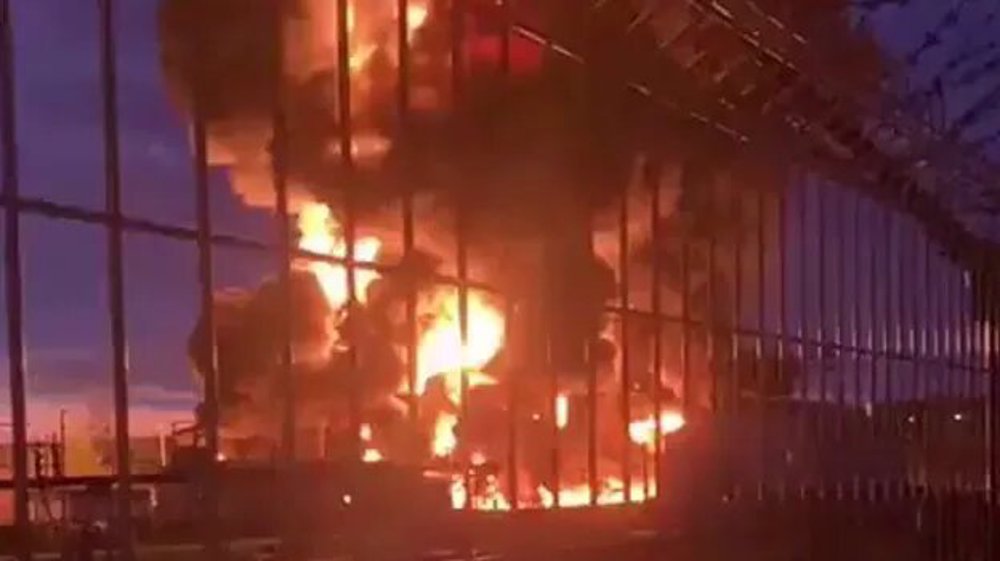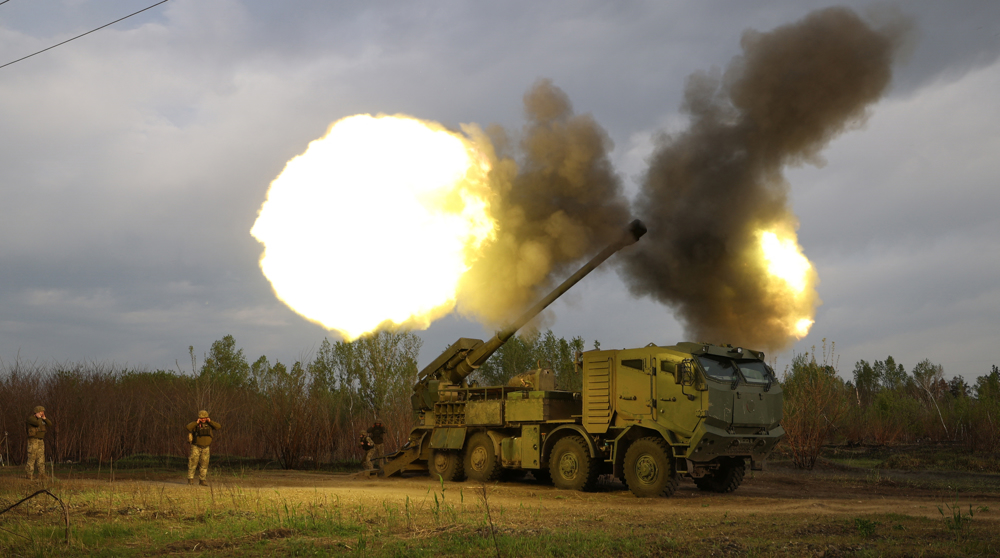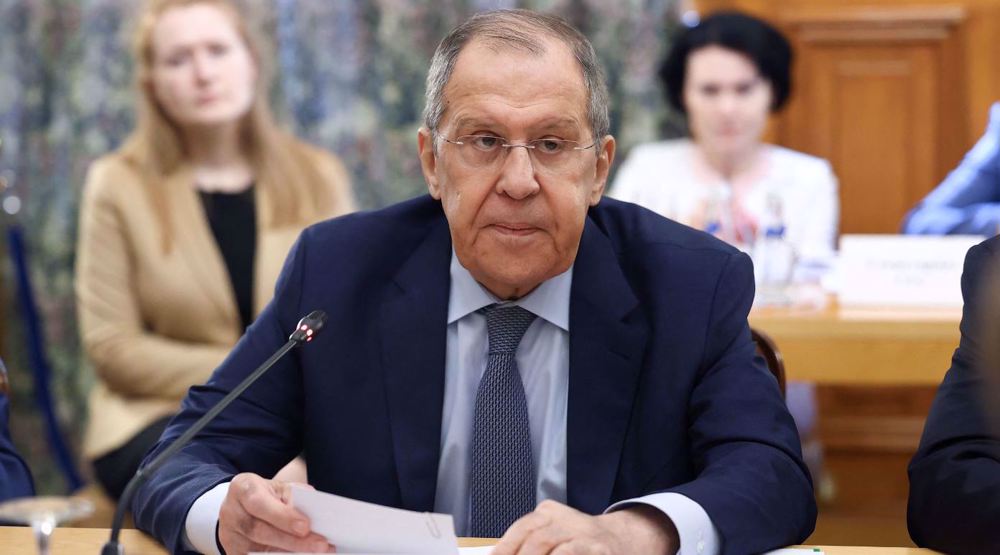Macedonia targeted for not joining anti-Russia bans: Russia FM
Russia says the recent deadly terrorist attack in Macedonia was a reaction to the Balkan country’s refusal to join anti-Russian sanctions.
“Objectively speaking, the events in Macedonia are unfolding against the background of the government’s refusal to join the policy of sanctions against Russia,” Russian Foreign Minister Sergei Lavrov said during his visit to Serbia on Friday.
“We can’t help but feeling [sic] that there is some sort of connection here,” he added.

Lavrov said the European Union (EU) is trying to conceal the realities behind Macedonia’s incident so as not to admit the failure of the 28-member bloc’s policies to stabilize the Balkan region.
The EU “should not play ostrich and try to present the case as if there were no organizational force behind it,” he said, adding, “We are seriously concerned that those were the result of a well-planned terrorist act.”
Earlier in the day, the Russian Foreign Ministry also blamed the West for “masterminding” the terrorist attack.
The West seeks to “destabilize the political situation in that country and plunge it into the abyss of a colored revolution,” read the statement issued by the ministry.

“This also proves that Western masterminds of such catastrophic scenarios prefer proxies for implementing them, using citizens of countries like Montenegro, which were tempted by NATO lures, in Ukraine and now in Macedonia,” the statement added, referring to the recent detention of a Montenegro national in connection with the terrorist incident.
Last week, eight police officers and 14 gunmen were killed in two days of clashes in the Diva Naselba neighborhood in the northern Macedonian town of Kumanovo.
According to Ivo Kotevski, the Macedonian Interior Ministry spokesman, the uniforms of the gunmen bore the insignia of the Albanian Kosovo Liberation Army (UCK).
The armed men had entered the Balkan country earlier in the month in an attempt to carry out terrorist attacks, Kotevski added.
The Kumanovo clashes came two weeks after a police watchtower on Macedonia’s northern border with Kosovo was attacked by 40 gunmen.

The Moscow-West relations drastically deteriorated after Ukraine’s Black Sea peninsula of Crimea joined the Russian Federation following a referendum in March 2014.
Relations were strained further after Ukraine launched military operations in mid-April 2014 to silence the pro-Russia protests in the country’s mainly Russian-speaking regions in eastern Ukraine.
NATO, the European Union and the US accuse Moscow of involvement in the chaotic situation in eastern Ukraine and have imposed a series of sanctions against Russian and pro-Russia figures. Moscow, however, rejects the allegation.
FNR/KA/HMV
VIDEO | Iran marks defeat of US military operation in Tabas Desert
VIDEO | Press TV's news headlines
US troopers crack down on pro-Palestinian protests at University of Texas
VIDEO | German warship departs Red Sea as EU 'naval mission' fails
VIDEO | Palestinians inspect rubble of destroyed building in Rafah
Yemeni forces strike US, Israeli vessels in fresh pro-Palestinian operations
‘Say no to Biden’: US college being pressed not to endorse genocide
VIDEO | UN: Alarming food insecurity crisis grips Afghanistan










 This makes it easy to access the Press TV website
This makes it easy to access the Press TV website